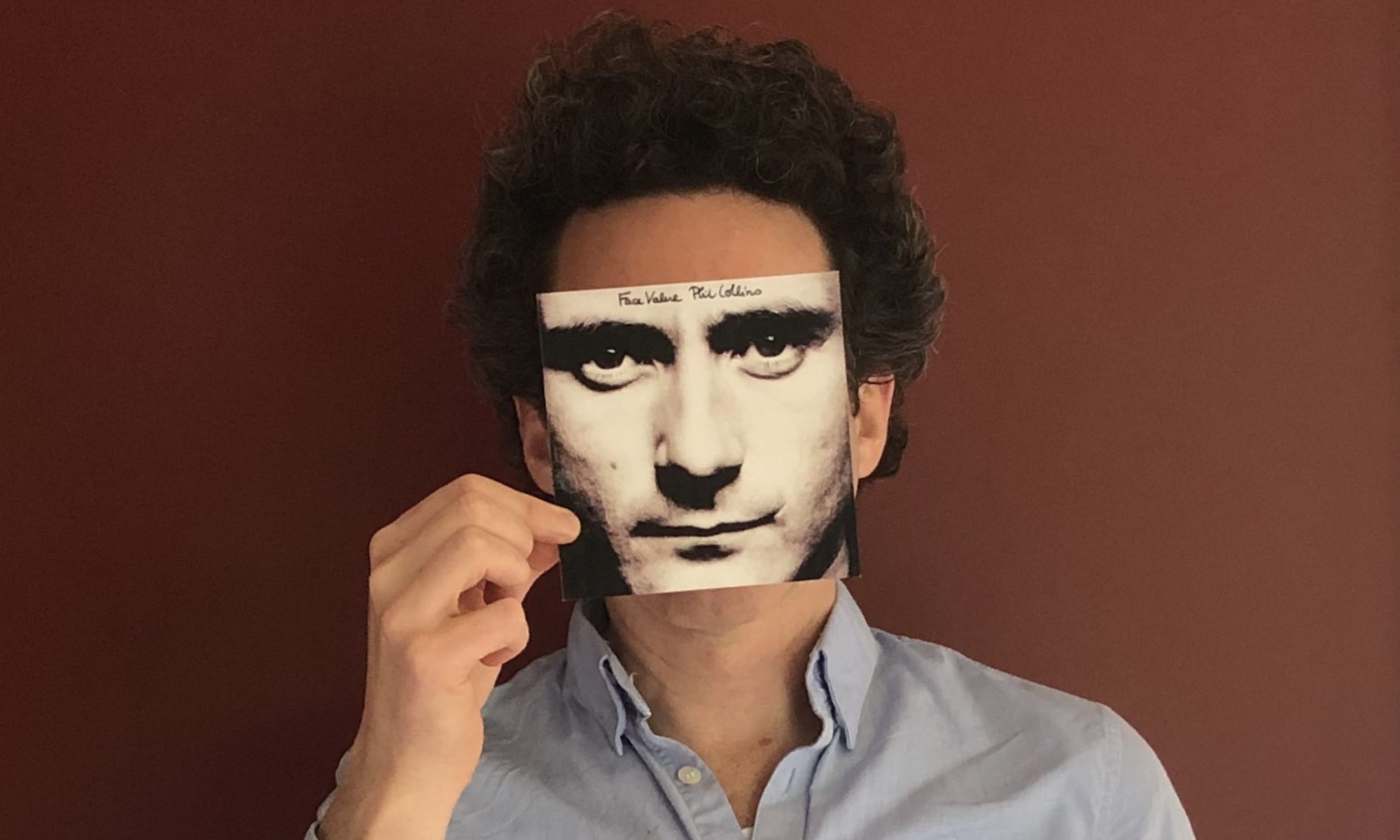Talk shows have featured musical acts forever. For decades, presenters would present performers performing their new record.
But things have changed. Four things. The ABCD of talk show/pop music disruption.
1. Availability
Performances of new songs became available everywhere. MTV started it, YouTube finished it. You no longer have to tune in to a specific show on a specific night to see your band perform. If you sat in front of MTV for long enough it would come around. Today you can watch anything by anyone, anytime, anywhere.
2. Boredom
Performances got a bit boring and three and a half minutes became an awfully long time to sit and listen to one song, when there was so much…
3. Choice
There are now so many channels to choose from, so many alternative ways to be entertained, and even within the small world of talk shows, so many to choose from every night of the week, at least in the US, where Letterman and Leno gave way to Fallon, Myers, Noah, Colbert, Kimmel and Corden (the world’s most overcrowded law firm board meeting).
4. Distribution
As a result, talk shows just couldn’t rely on enough people stopping by each night to make it worthwhile for performers and advertisers to take part. They needed a new draw and decided to harness the world’s willingness to share something fresh, funny or feelgood on social media to cast a wider net.
So was born the musical ‘bit’ – a new angle, unique to each show, that became a thing in its own right. Musicians and host began to eschew regular performance, with just a subtle sprinkling of new material – sometimes not even that – to achieve some aim (sell the new album, promote a tour, raise money or awareness for a good cause). And these new bits were good.
Jimmy Fallon and Justin Timberlake created the history of rap. Two time. Eventually six time.
It wasn’t all musical, or at least all musician. Anyone can enter a lip sync battle with Fallon. Or read mean tweets for Jimmy Kimmel.
But nothing caught fire like Carpool Karaoke. George Michael started it all for Comic Relief. When James Corden was trying to get his new American chat show off the ground, he resurrected it. Mariah Carey was the first to say ‘yes’ because, if it was good enough for George, it was good enough for her.
Paul McCartney did it this week. How different from 1964 and The Ed Sullivan Show, the big bang moment for the old wave of music-on-talk-show. But without that outlet, in the days of no choice, no alternatives for seeing and hearing music, and the thrill of the new in live performance, the Beatles’ canon may never have taken root. Because what brought (a surprisingly sustained flow of) tears to my eyes when watching McCartney’s Carpool Karaoke, was the pub crowd, from all generations, singing every single word as if the songs were written into their DNA.
Music on talk shows is unimaginably transformed, but skits like Carpool Karaoke can still fan the flames of the spark created by performance television nearly 60 years ago.
